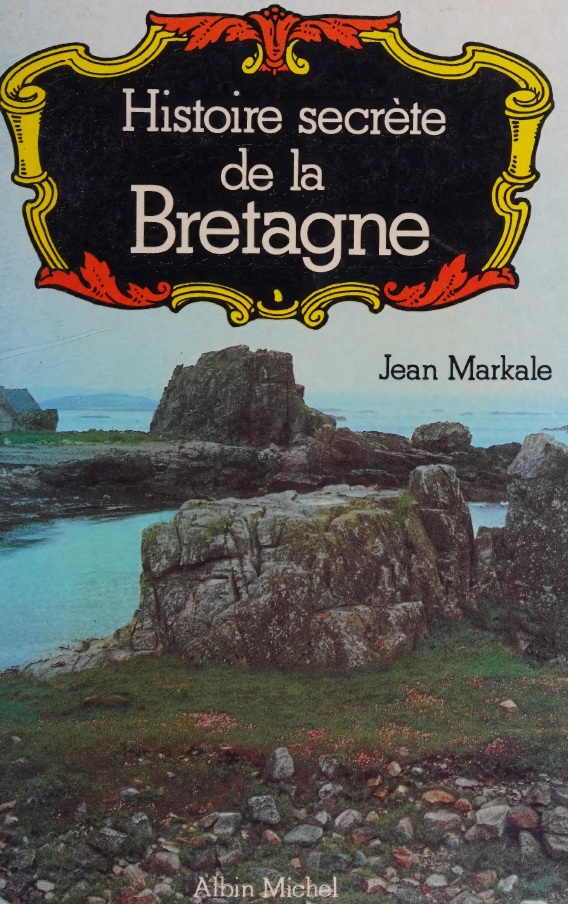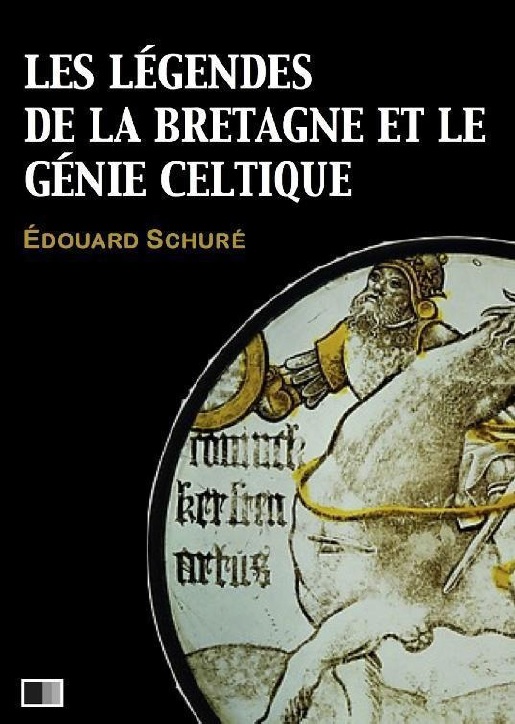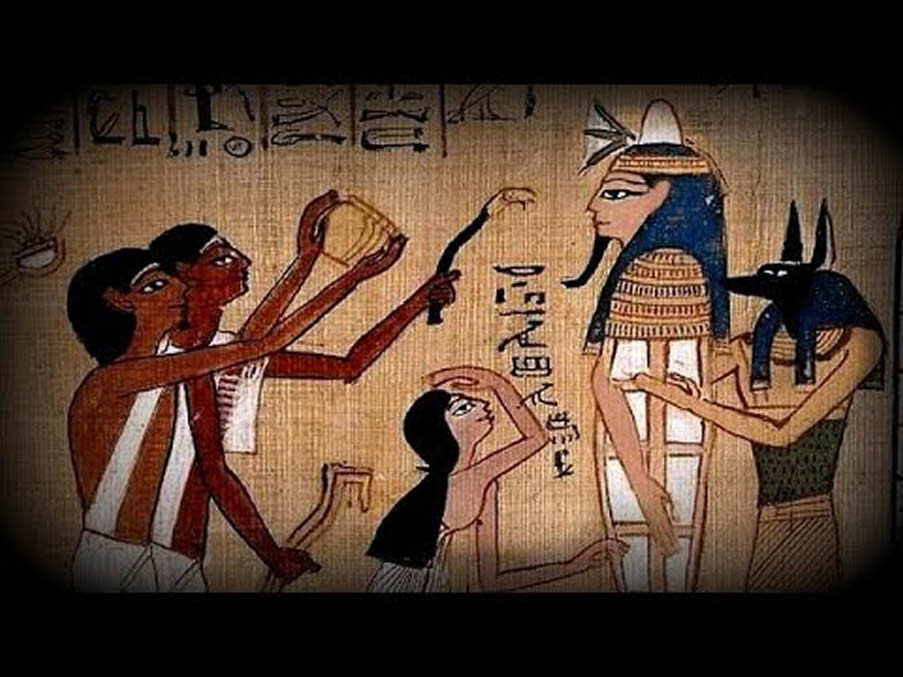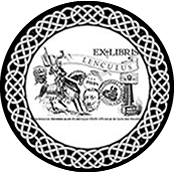
Jürgen Graf - 1951-2025
Jürgen Graf, né le 15 août 1951 à Bâle, mort le 14 janvier 2025 à Baden, fut un militant suisse allemand exceptionnel, notamment dans la qualité et précision de ses travaux.
Il étudie la philosophie à l'Université de Bâle ainsi que le français, l'anglais et les langues scandinaves. Il passe plusieurs années à enseigner dans une école privée. Dans les années 1990, il publia plusieurs livres sur la deuxième guerre mondiale, dont trois coécrits avec Carlo Mattogno.
Graf et son éditeur de l'époque, Gerhard Förster, furent persécutés en suisse dès 1998 pour leurs publications, avec notamment des peines d'emprisonnement de quinze mois et des amendes. Il doit alors s'exiler de Suisse, demande d'abord l'asile politique en Iran, puis par la suite s'installe en Biélorussie pendant un certain temps, et par la suite en Russie. Il épouse une Biélorusse en 2001, il travaille à Moscou comme traducteur.
En septembre 2002, défendu par l'avocat Éric Delcroix, Graf voit la 11e chambre d'Appel de Paris lever l'interdiction de diffusion sur le territoire français son livre L'Holocauste au scanner; ouvrage édité et imprimé en première édition en juin 1993 par son ami juif Guideon Ginsburg dit Burg, directeur des éditions Guideon Burg Verlag. Ce livre cite maintes fois les arguments négationnistes d'Arthur Butz publiés dans The Hoax of the Twentieth Century.
Jürgen Graf - PDF
Carlo Mattogno - PDF
Arthur Butz - PDF
Revisionism - PDF
Saturday 8 February 2025






